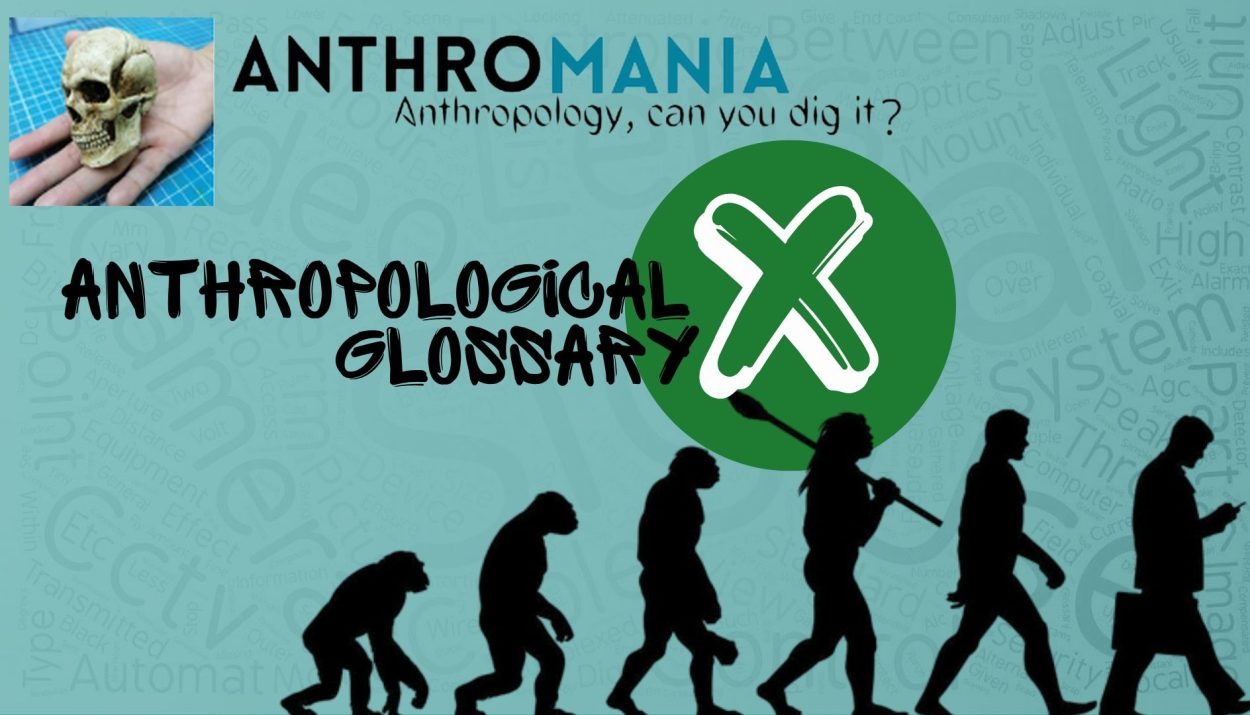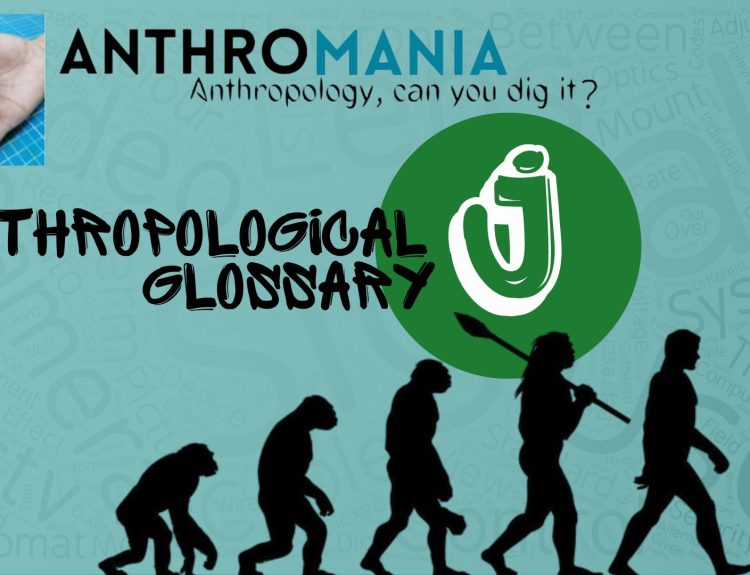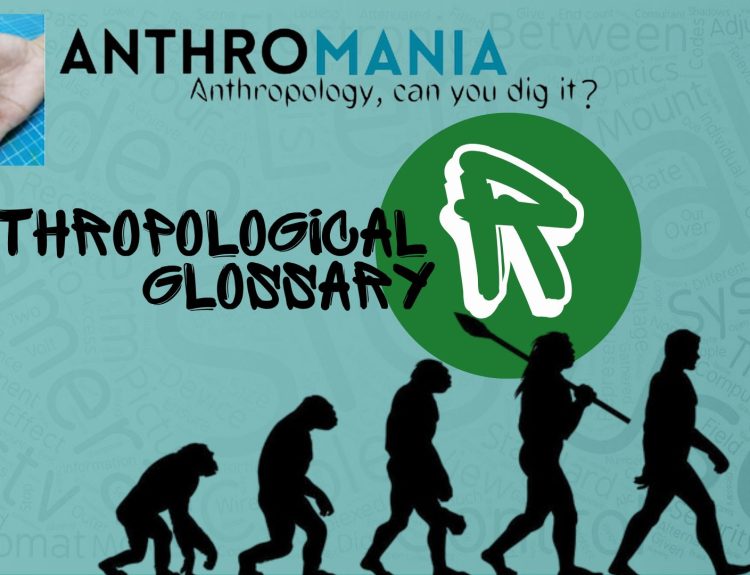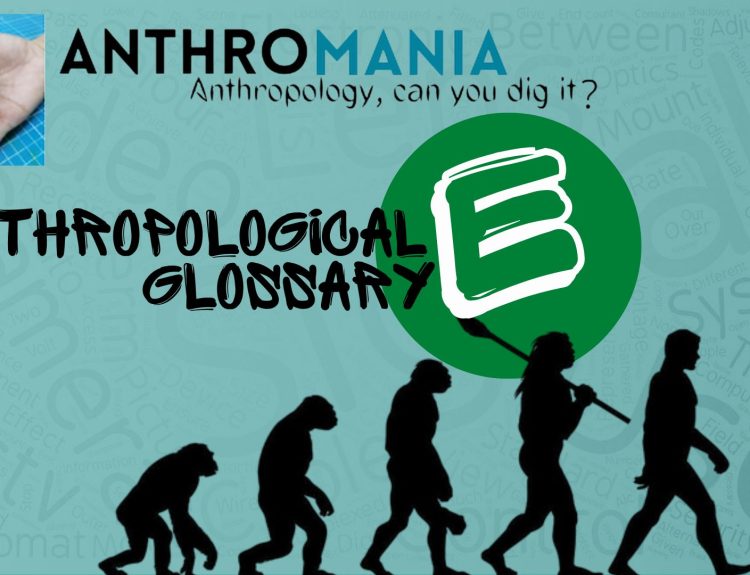Explore a comprehensive anthropological glossary featuring terms starting with the letter ‘X,’ including Xenophobia, X-linked chromosome, and Xenoarchaeology. Discover their significance in anthropology.
Xenoarchaeology: Xenoarchaeology is a speculative branch of anthropology that deals with the study of extraterrestrial artefacts, structures, and archaeological remains. While not grounded in concrete evidence, xenoarchaeology explores the hypothetical scenarios of discovering remnants of advanced extraterrestrial civilizations.
Xenocentrism: Xenocentrism is a concept related to cultural relativism, often discussed in cultural anthropology. It refers to the preference for foreign or external cultural practices and values over one’s own culture. Anthropologists study Xenocentrism to understand how individuals or societies may devalue their traditions in favour of those from other cultures.
Xenoglossy: Xenoglossy is a phenomenon explored in anthropology, often in the context of cultural anthropology or the study of religion. It refers to the ability to speak or understand a language that an individual has never learned in their current lifetime. Anthropologists may investigate claims of xenoglossy in the study of religious experiences and beliefs.
Xenolinguistics: Xenolinguistics is a speculative area of anthropology that explores the hypothetical study of extraterrestrial languages. It delves into the concept of deciphering and understanding potential languages spoken by alien civilizations, often discussed in the context of contact with extraterrestrial life.
Xenolithic: Xenolithic refers to the presence of foreign or exotic rocks within an igneous or sedimentary rock formation. While not a term directly related to anthropology, it can be relevant in archaeological contexts where the analysis of geological materials contributes to our understanding of ancient environments and human activities.
Xenology: Xenology, while not a common term in anthropology, is the study of extraterrestrial life and its potential impact on human culture and society. It explores how the discovery of life beyond Earth could influence our understanding of human existence and culture.
Xenophobia: Xenophobia is a social and psychological phenomenon often studied in anthropology. It refers to the fear or hatred of people from different cultures or backgrounds. Anthropologists explore how xenophobia can lead to social and cultural tensions, as well as its impact on societies and individuals.
Xerophyte: In anthropology and archaeology, the term Xerophyte refers to plants that have adapted to arid or desert environments. Understanding the use of Xerophytes in ancient cultures can provide insights into their subsistence strategies and environmental adaptations.
X-linked chromosome: Also known as the X chromosome, it is one of the two sex chromosomes found in humans (the other being the Y chromosome). It carries genes that determine various traits and conditions, including some which are related to sex-linked disorders. X-linked inheritance primarily affects males since they have only one X chromosome, making them more vulnerable to X-linked conditions.
X-rays (Radiography): While not a term unique to anthropology, X-rays are used in biological anthropology and archaeology for non-invasive imaging of skeletal remains. Anthropologists use X-ray technology to study bone structure, identify the age and sex of individuals, and analyze dental health.







